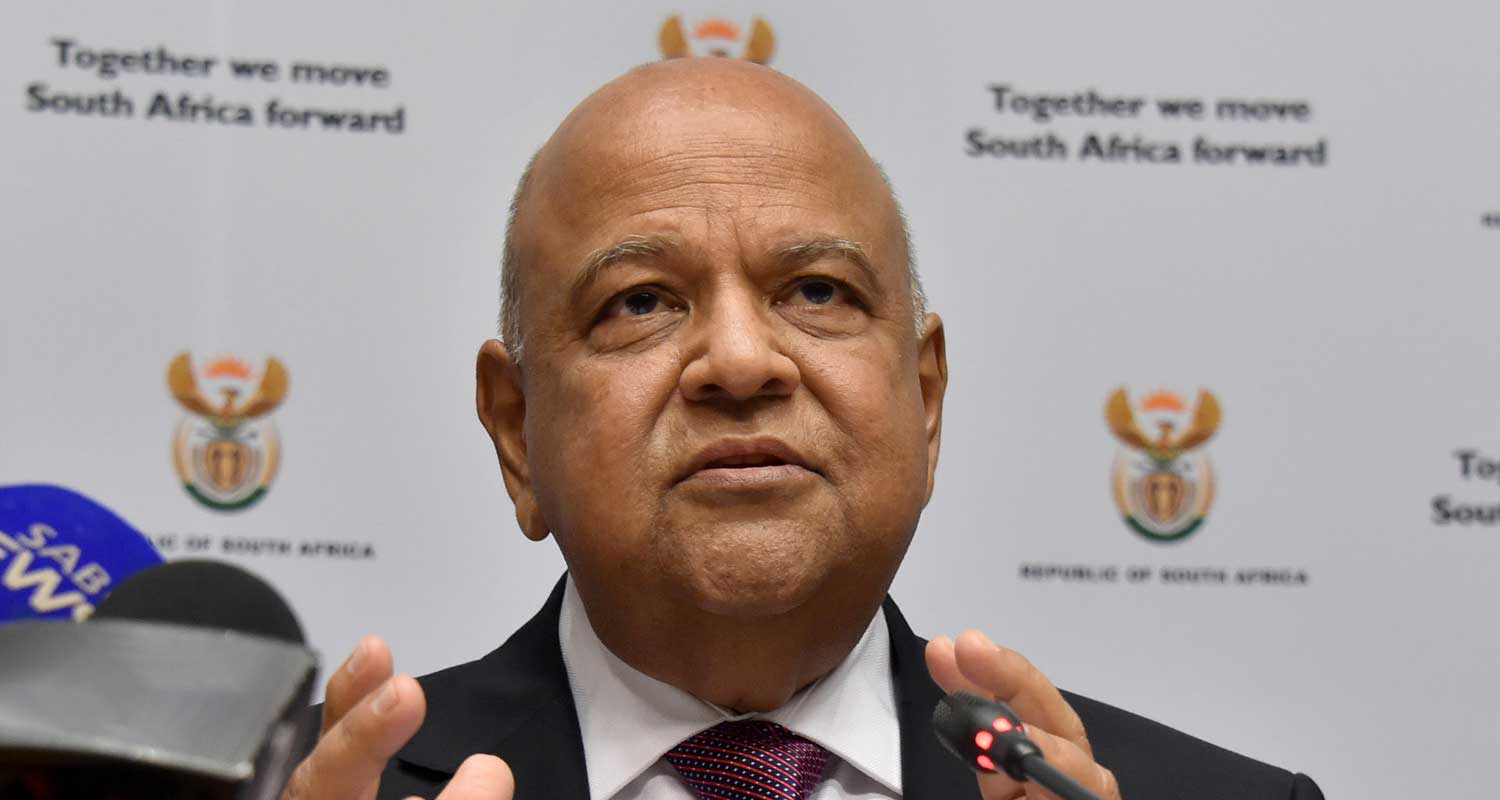
Public enterprises minister Pravin Gordhan said the Komati power station not only represents a practical example of how South Africa will conduct its “Just Energy Transition”, but also provides a glimpse into Eskom’s future.
The power station, which was decommissioned in October 2022, is the first coal-fired power station in Eskom’s fleet to transition to a renewable energy hub.
“While there’s a section that will say we have shut down the power station, in fact we are bringing it down so that it can rise again. It’s not a complete shutdown. We are not breaking anything. We are repurposing and preparing it for a different kind of future, and it’s a future that the world itself … is preparing for.
“Komati is South Africa’s reality. It’s where South Africa’s Just Energy Transition is going to be tested and prepared for. Komati is the place where … the tyre hits the road,” he said.
Eskom envisions that within the next few years, the Komati site will feed some 370MW of solar, wind and battery storage power to the grid.
“The ‘just’ in the Just Energy Transition is absolutely crucial, not only for saying how do we ensure that our communities cope with the changes that are going to take place at Komati, but also in the course of changing the nature of the relationship between Komati and the communities around Komati.
“Can we find new ways of economic inclusivity? Can we find new ways of economic empowerment? Can we find new ways of creating a whole lot of new entrepreneurs in this area? This is so that it can become real economic activity as opposed to dependence on one power station.”
New technology
“In that way, we reduce the levels of unemployment; we increase the levels of entrepreneurship in South Africa and people learn to become part of the new world,” he said.
Turning to the question of the employment of people who previously worked at the plant, Gordhan highlighted that these workers have either been relocated to other plants or are being reskilled to do other jobs.
Read: Eskom shuts down 60-year-old Komati power station
“There are both a number of ideas but also the beginnings of new programmes which will address the issue of jobs, the issue of training and people development and learning how to deal with new forms of technology that we have to inevitably deal with,” he said.




